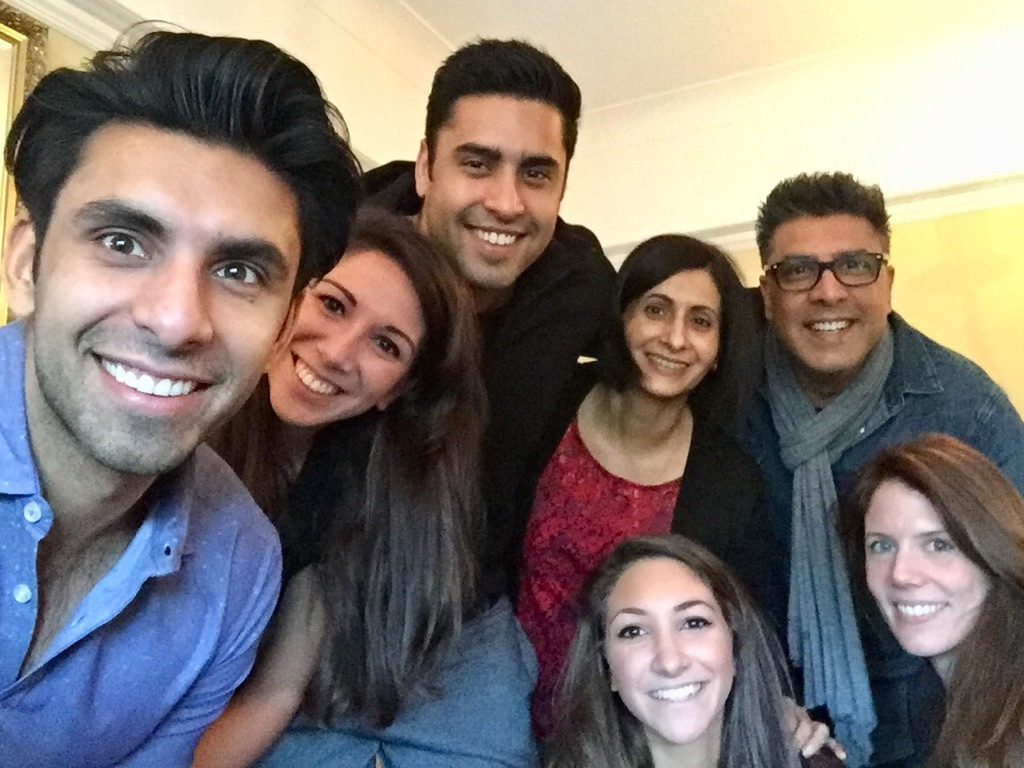How did you get there? Bob Qureshi
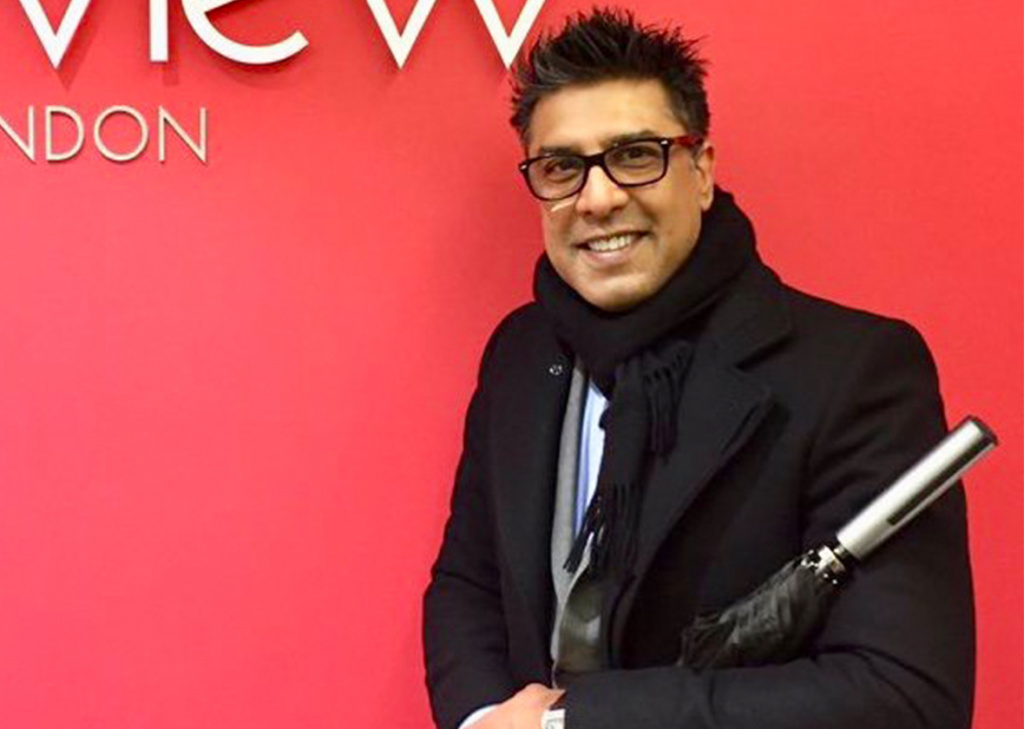
It’s another lockdown-Monday, 8am, and I’ve finally managed to track down and book in a chat with one of the most energetic and popular members of the research industry. We shared a quick virtual cuppa and had a chat about his career so far. Bob and I explored how he got to this point, and he offered up some priceless tips for younger researchers to help them stand out in their careers, and during lockdown. He also gives wise counsel and his views on how we can all help make our industry more inclusive.
Such a privilege to catch up with industry legend, three-time MRS best viewing facility winner, i-View founder, Research Club founder, CORe founder and a recently awarded Fellow of the MRS, a jolly fine fellow indeed, Bob Qureshi.
Bob, good morning! Great to catch up, so tell me, how did you get into the industry?
Thanks James, so lovely to see you, wish it was face-to-face.
So, my career in market research really started in the market research department at Quaker – I have to say this was a recommendation by a friend’s parent to get me to the interview. Networking started very early with me.
I think me saying I played local league football on Saturdays & Sundays probably helped as the Quaker team was short of a few players. It also meant the marketing team had another person who could take part in Quaker Scotts Porridge sponsored Glasgow Marathon that year and the year after, I did finish, but we won’t talk about how long it took me.
I found my skills quite quickly, my energetic photocopying skills in particular (I could fix most paper jams) allowing me to meet with many colleagues in the copier room and learn about all the different roles in the business. And there were many. Be like a sponge, absorb as much as you can. You can squeeze out later what you may not need.
In addition to manufacturing, were the functions of sales, distribution, trade relations, merchandising and marketing. It was a fascinating time for me at the start of my market research career and allowed me to really understand the complete supply chain from raw ingredients arriving to the plant to seeing the product on the shelf. With all the aspects of market research required in between, from concept testing to instore promotion evaluation. The company also had its own in-house food sensory tasting lab. I came across the terms magnitude estimation scaling and also the use of T-Scope (tachistoscope) testing for our packaging designs.
Get as much exposure to all the facets of the business that you can. It gives you something to talk about and helps refine your career path.
It wasn’t long before my manager introduced me to the Market Research Society, and I attended several ARG (Alternative Research Group) events for young market researchers (a precursor to &More at the MRS).
Try your best in your own way to attend events (virtual or in person). Learn about all the different characters.
Having been employed for the first half of my working career, with senior posts at both TNS and Aegis where I was part of the acquisition team that created Synovate. I took the brave step to set out on my own creating my own agency Qureshi Market Research in 2002.
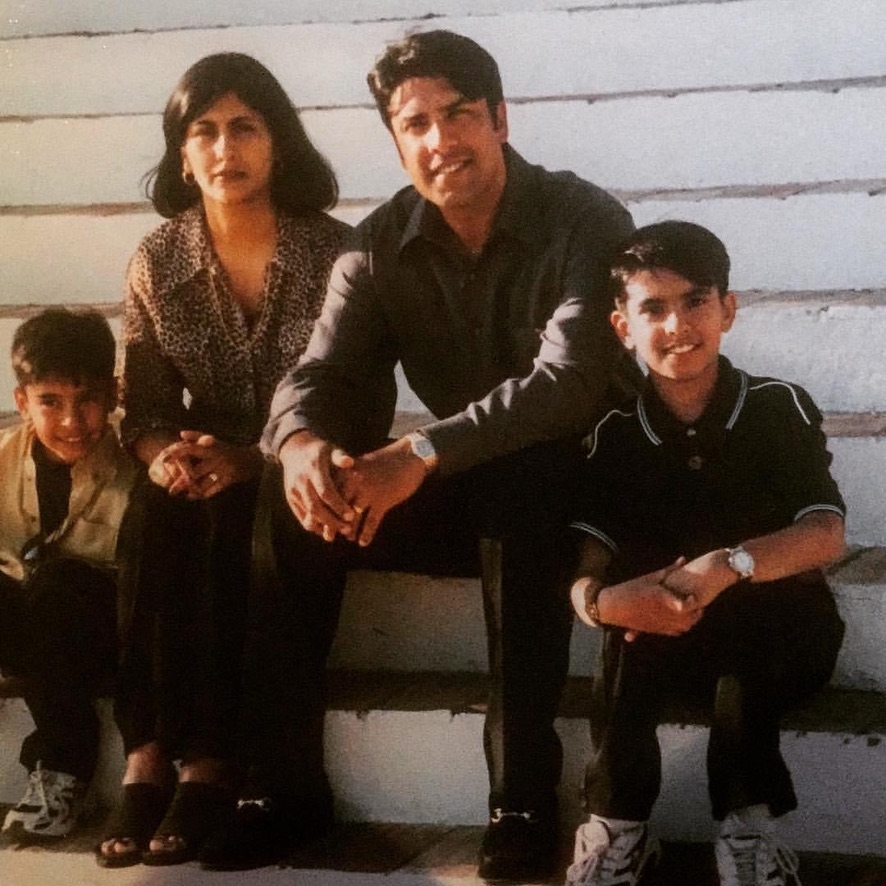
Sometimes you have to be ready to make a change, take a calculated risk, even if some of the line of sight is blurry!
So began my journey as company owner and employer knowing the key skill sets that I could offer, and where others with far more experience should be called upon, to form part of my team.
I’d urge any young researcher starting out to be inquisitive, spend time with your clients, ask for a day at their office working with them.
Get a really good understanding of the widest view on how your research information gets used. Shout out to Margot Grantham (nee Kier) and Neil Grantham in return for getting them together. They helped enormously in the first years of my career. Their fabulous creative agency WDG Research in Chesham is still going strong.
Remember and be kind to those who helped you on the way up. You may need them when the going gets tough, we are a people business. Use your downtime to keep in touch.
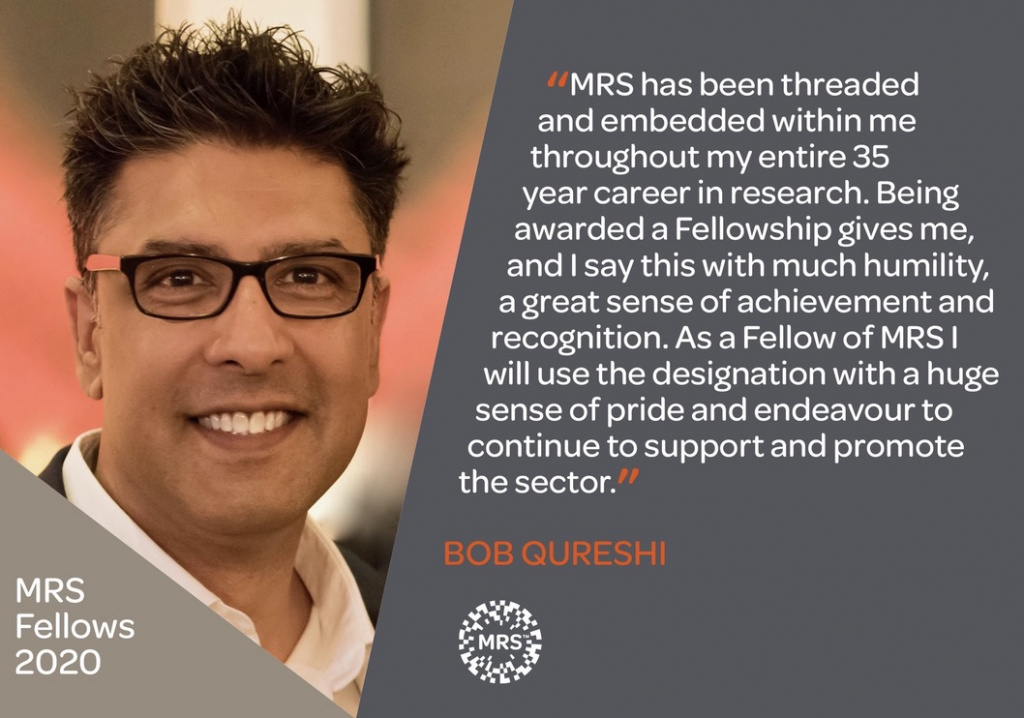
Some incredible advice scattered in there. So come on, reveal them! What are the secrets to your success so far?
I do get quite embarrassed when friends or colleagues refer to me as having been successful in my career. I simply don’t see it that way. I see it more of a journey where I have had to endure the highs and lows in running businesses and creating employment, nurturing talent and having some fun along the way. The key measure of success for anyone must be the ability to say no – whenever you like. I haven’t got there yet!
Although, being the owner of i-view, a three time award winning viewing facility in Central London and Award short-listed Telephone Interview Centre, Prevision Research, does make me want to pinch myself, whilst being thankful to the teams that worked so hard for all of us staying humble.
We all have different skill sets and goals.
So, it’s important to recognise which areas you can develop rapidly and which areas require help and support. It may mean moving out of your comfort zone, and I have done that a few times from moving across the country for a job opportunity to taking the plunge and starting out on my own. Having a mentor helps. Having a couple makes it even better!
Finally, never miss an opportunity for a training course!
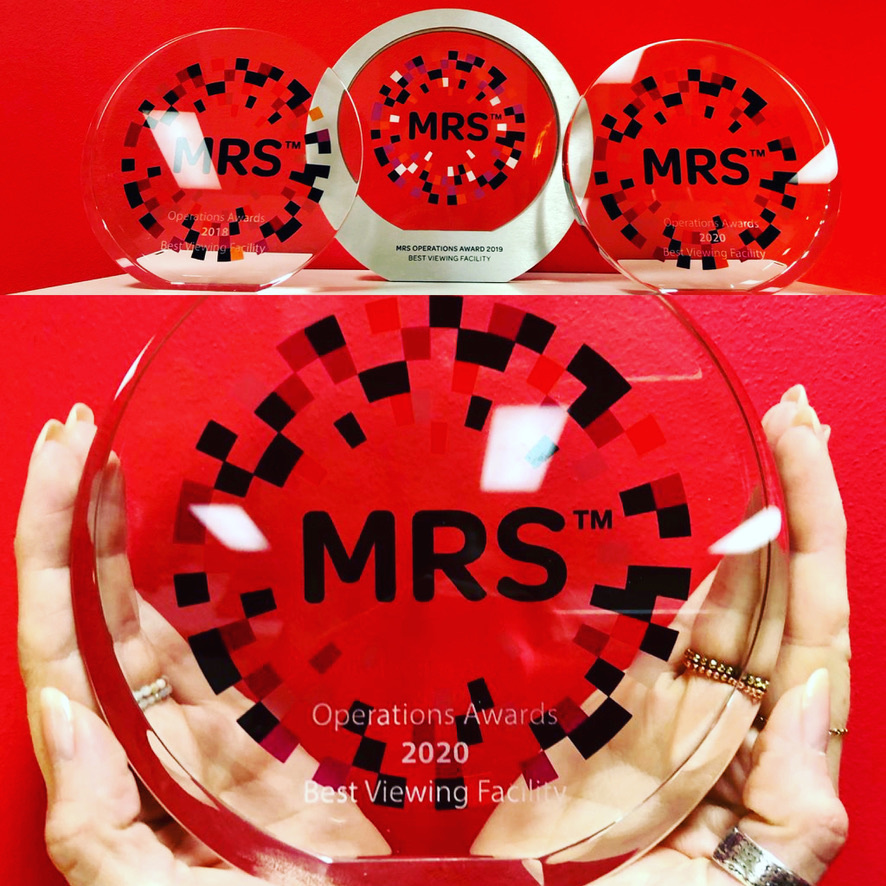
You’re a founding member of ‘Colour of Research’ CORe, what are the top three things that businesses should do to improve diversity in 2021?
Everyone has a different route to their role.
You simply don’t know what challenges that person has faced to get to where they are now.
Be open minded, accommodating and respectful to everyone. Set up D&I steering group in your firm.
Employers must be sympathetic and understanding to every person joining their team or when looking through candidate profiles. Avoid any bias or preconceived thoughts. Be neutral.
1. Find out their journey What other life skills have they learned?
2. Work to enable growth in skills and empowerment for all colleagues.
3. Be respectful and encouraging to all. Everyone has a bad day now and then. Trouble is, you may not know when that is!
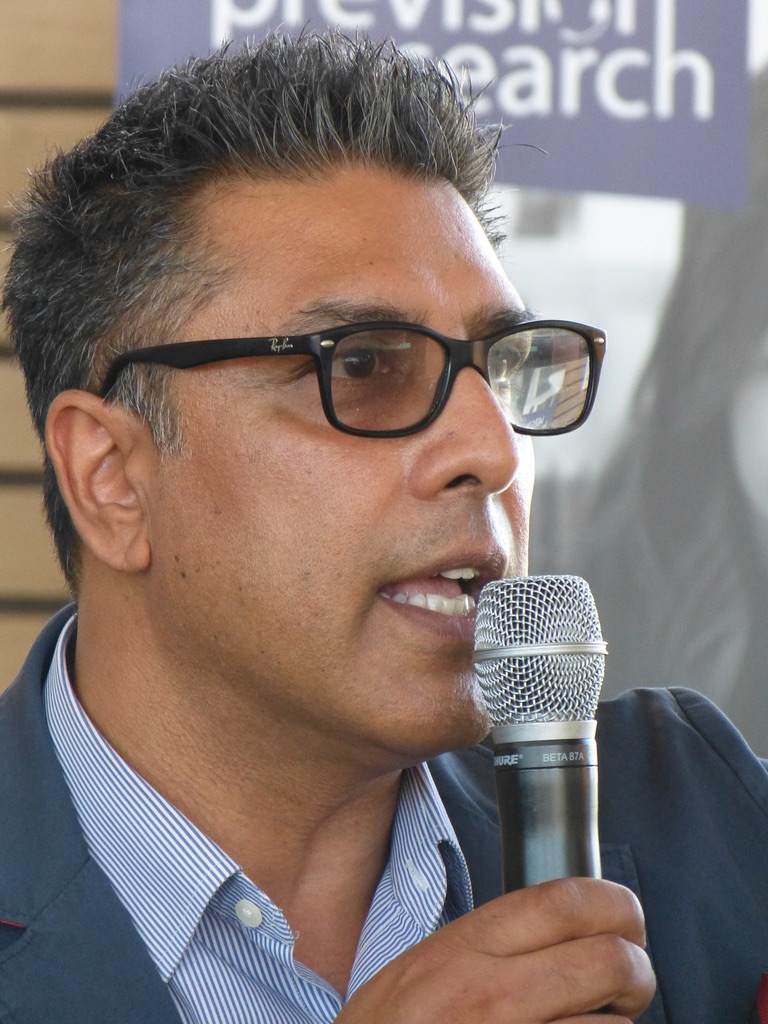
And what two bits of advice do you have for a junior researcher, working from home in lockdown, on how they can best stand out and impress their teams?
These days of isolation and working from home you can be particularly tough on junior researchers or those starting out.
I’ve always supported the Buddy system, where you have someone as your go to and to learn from.
Being proactive and not just working to instruction is really going to make you stand out. Having nothing to do is a sign to do something creative. Manage your manager and set your path!
Talk regularly to your colleagues – especially those that you’d normally have little interaction with. They’d appreciate as much as you! Together come up with some collaborative idea to help promote your company and also to offer some leading knowledge.
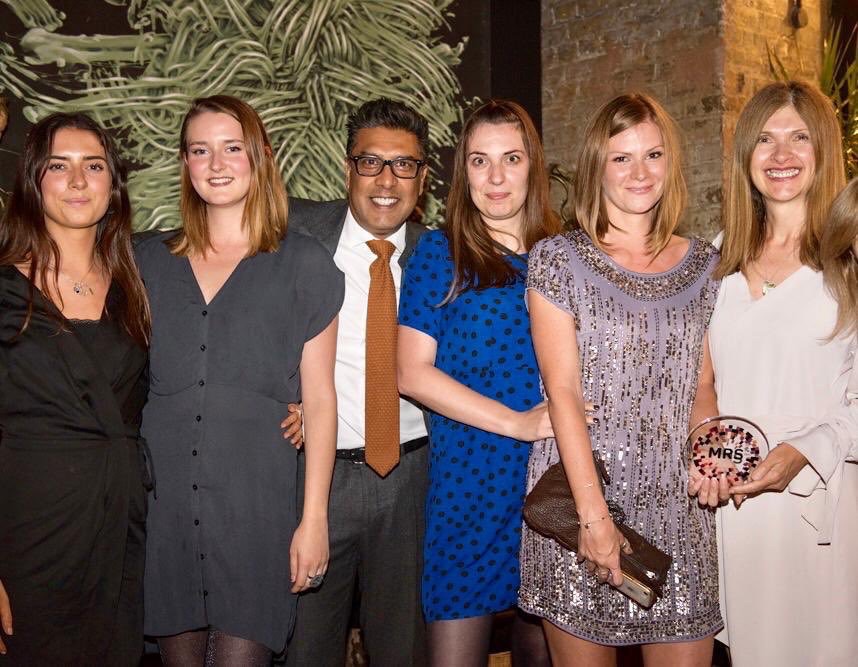
Two /three things junior researchers should focus on as they progress in their careers.
1.Love the firm you work for and within this promote yourself and your achievements with the ideas you generate that are proactive.
If you do just sit it out and do the bare minimum. You’re in the wrong firm or you’ll see yourself getting passed over on promotional opportunities. Perhaps for six months write one sentence on what you achieved that day, something you are pleased or even proud about. You can use it to look back on and see what you’ve achieved!
2. Networking, broaden your contact base. I felt so strongly about this that I helped set up a Networking community of which I am a shareholder.
I am incredibly proud of my involvement in The Research Club (as a not for profit) organisation that has hosted and run over 150 events worldwide across 30 cities. From starting as small networking group in London with 15 people at our first event in 2008, I have helped take it to over 11,000 market research professionals as members on the database. Importantly, Partnerships, cross promotion and agreements have been formed with leading Market Research Organisations and Conferencing & Industry Trade shows, with Research Club as the official networking event.
3. Have an involvement in another industry that you can learn from.
My work at the Surrey Cricket Foundation and the impact of research in the decision-making process has been incredibly informative.
I have been forthcoming in offering mentoring to researchers and guiding industry colleagues and joining various market research think tanks to aid when helpful. Presently I am working with a group of around 8 market researchers from diverse ethnic backgrounds called Colour of Research (CORe) to help create a platform to encourage and mentor people from these backgrounds wishing to enter and develop further in our industry.
Thanks Bob! And can I just acknowledge you for a moment here. You’ve achieved so much in our industry, yet you have this incredibly humble way of acting like you’ve done nothing much at all. From all of us, ok, you are one of our pioneers, an inspiration, and probably one of the most liked people in the industry, so try that on for size, ok! Deal with it! Take care.
